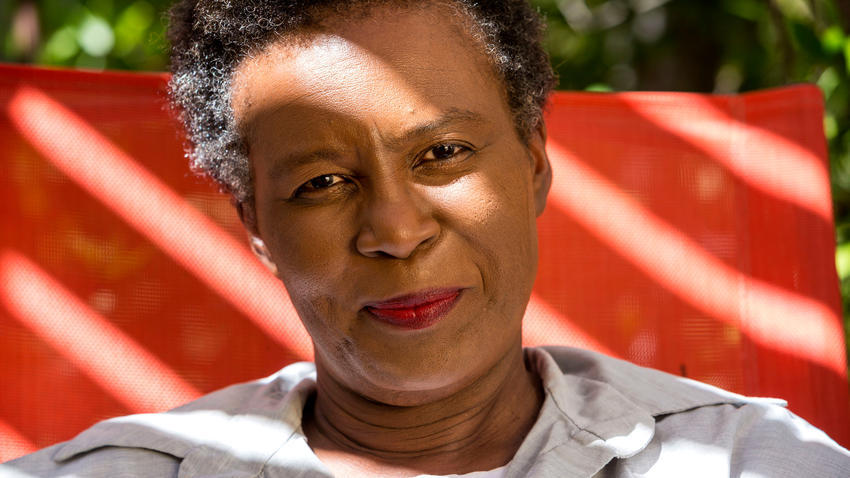As Carolyn Kellogg reports in the LA Times, poet Claudia Rankine, best known for her 2014 book Citizen, has won a MacArthur “genius” grant and will be using it to do something rather novel and radical: helping launch the “Racial Imaginary Institute” with other writers and artists, which, says Rankine, “is an interdisciplinary arts and cultural laboratory for the dismantling of white dominance.” Here’s an excerpt from Kellogg’s conversation with Rankine about it:
Could you talk about your ongoing creative project?
Before I was notified about the MacArthur I had been in the process of putting together with Casey Llewellyn, and a number of writers and artists, the Racial Imaginary Institute. Which for us is an interdisciplinary arts and cultural laboratory for the dismantling of white dominance. One of the things I think the culture needs is an actual location where writers and artists and thinkers can come together and put pressure on the language that makes apparent white supremacy and white dominance. I think a lot of us are working separately on these subjects, but it would be nice to have a Racial Imaginary Institute that really has as its goal the dismantling of white supremacy. That each of us can go at it inside of our fields. If you’re a writer, you have the benefit of talking to other artists who are interested in the subject. What are we missing? What isn’t getting said? What are the narratives of white greatness that disallow other things to be brought to the surface? I’m very excited about the creation of the institute, the making of the space, the notion that culturally we’ll know where to go to have these discussions, to actively look at the absences and the erasures around the construction of race, especially the construction of whiteness in America…
Tell me a little about the aesthetics underlying your work.
I’m committed to an interdisciplinary investigation of cultural dynamics. The reason I will forever identify as a poet is because I think poetry is the one genre that privileges feelings. And so no matter what I’m working on, I’m also interested in the impact of the reality with the human psyche. So for me, the work has to bring the reality up against the experience of the reality. And all of my work is how do you get that to be apparent, and apparent in language? The felt experience. For example, right now we know that 60% of African Americans and Latinos live in communities where you have toxic-waste sites. Now that’s a fact. But how do I get that to be a lived experience inside a work of art? That’s the challenge as a writer and as an art-maker. How do you get the piece of art to enact a discussion that feels plausible inside your own living room? Right now I’m working on a play that draws from “Citizen.” The real challenge is how do you bring the kinds of conversations around race that happen at 7 o’clock over the dinner table onto the stage? So that when you go to the theater to see it, you know you’ve had that conversation.
Image of Claudia Rankine via LA Times.
